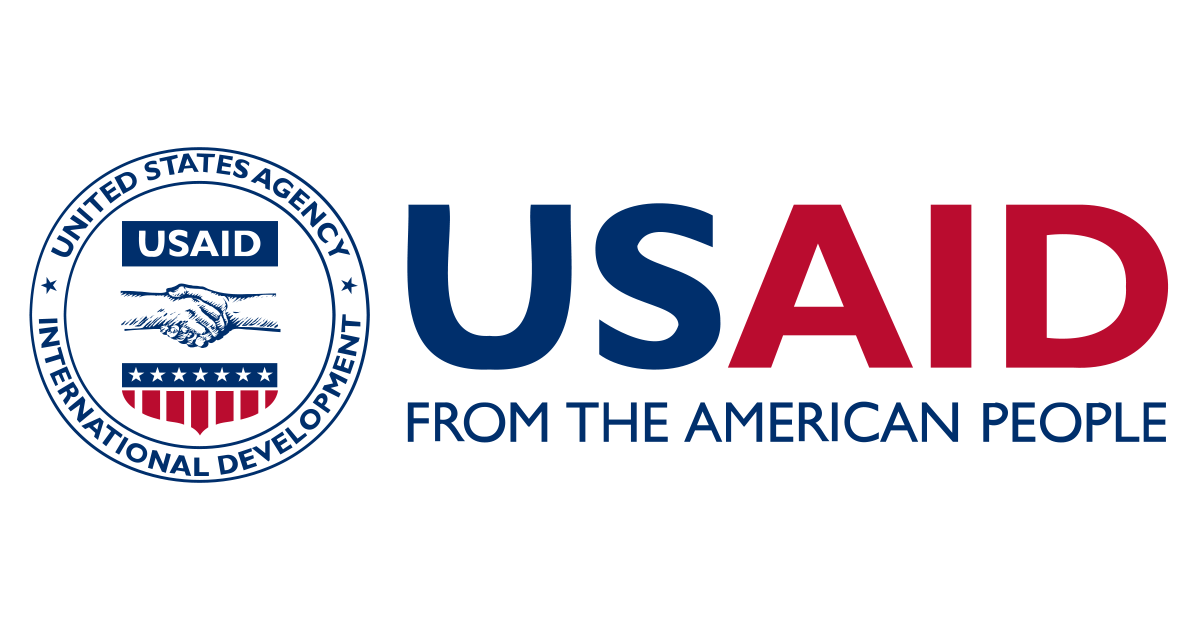USAID has announced the initiation of the Localize Global Health Security project, a critical five-year contract with a budget of up to $37 million. This project aims to collaborate with local organizations in 15 countries spanning Africa, Asia, Latin America, and the Caribbean.
The primary objective is to enhance the capacity of these local entities to prevent, detect, and respond to emerging health threats within their communities.
Global health security initiatives, particularly in response to challenges like Ebola, smallpox, and COVID-19, have underscored the significance of community trust and engagement in ensuring the acceptance, effectiveness, and sustainability of global health security interventions.
The Localize Global Health Security project seeks to bolster existing approaches by involving local governments, NGOs, and businesses to achieve three key objectives: addressing critical gaps in health security, reinforcing the organizational capabilities of local entities, and expanding global health knowledge based on contemporary approaches and best practices.
USAID is committed to promoting local partnerships as a fundamental aspect of long-term sustainability. In 2021, Administrator Power outlined two key targets for increasing the Agency’s localization efforts: directing 25 percent of assistance to local partners by fiscal year 2025 and ensuring that 50 percent of programming will be led by local communities by the end of the decade.
The Localize Global Health Security project will play a pivotal role in advancing the second localization goal by offering grants to local organizations for implementing interventions aimed at addressing critical health security gaps within their respective countries.
For over 15 years, USAID’s Global Health Security Program has actively addressed endemic, emerging, and reemerging infectious disease threats. The Localize Global Health Security project is a crucial step in advancing the agency’s mission to bolster global health security through localization.



